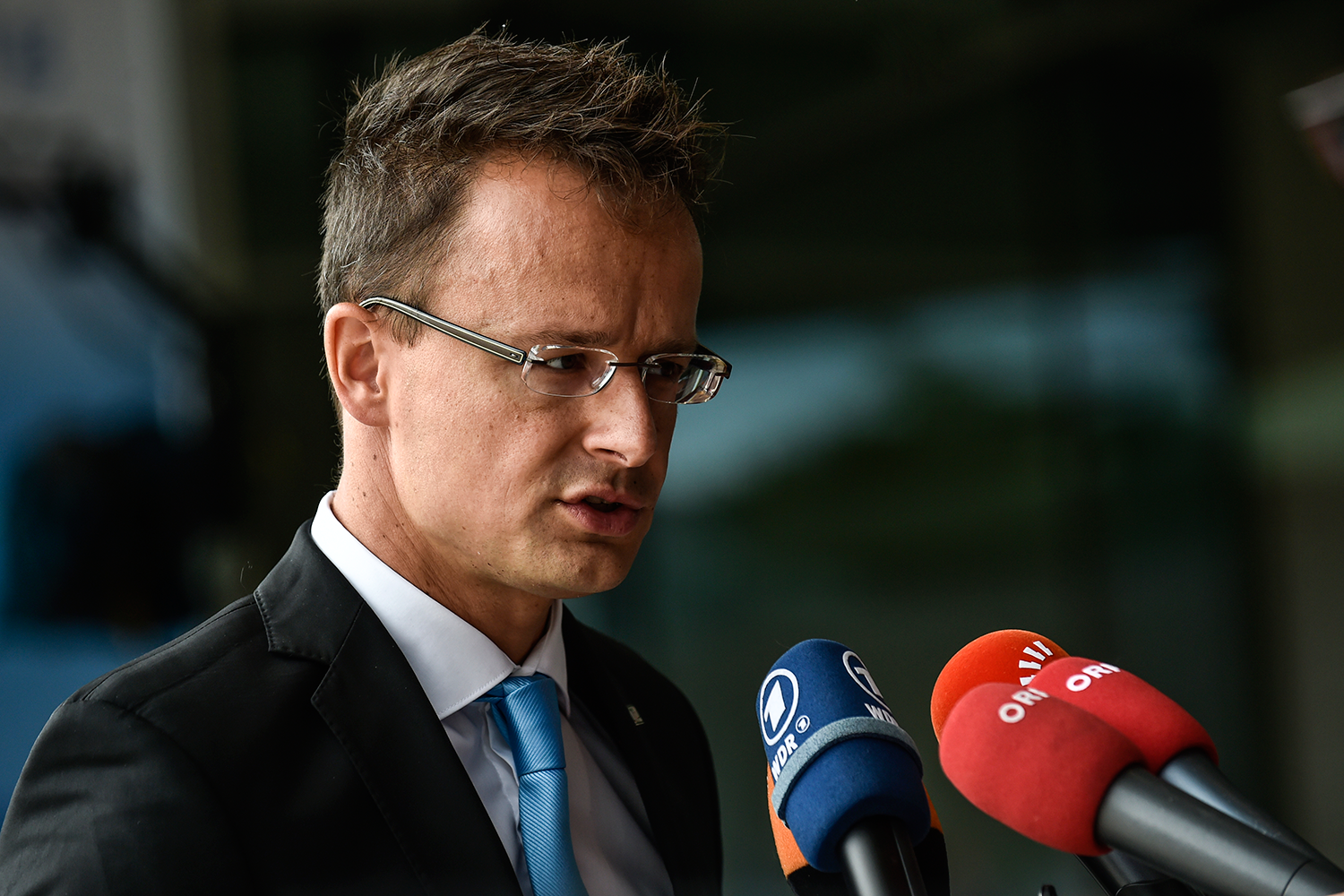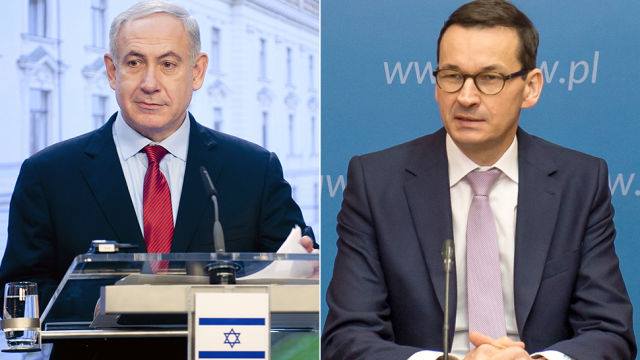Press statement by Viktor Orbán after his talks with Mateusz Morawiecki, Prime Minister of Poland and Matteo Salvini, President of the Italian government party Lega
1 April 2021, Budapest
Good afternoon, Ladies and Gentlemen.
No matter how much one wants to deal with other issues, what comes first in every international discussion is COVID and the virus. So we have shared our experiences on this with one another; and we urge the European Commission to speed up the procurement of vaccines, which is a precondition for curbing the pandemic. We all want more transparent and faster vaccination across Europe, and we first exchanged views on the details of this – although that was not the focus of today’s meeting. First of all, I would like to thank our friends for accepting my invitation and coming to Budapest. You also know that we know Prime Minister Morawiecki in Hungary as one of our best, loyal friends. What else could the Prime Minister of Poland be, if not a loyal friend of the Hungarian people? In Budapest the same feeling is directed towards Warsaw. We have been able to welcome our old, tried and tested colleague and comrade-in-arms. Nor do we hide the fact that here in Budapest Matteo Salvini is quite simply referred to as our hero. This is because when the biggest debates on migration were in progress, and some countries were defending their positions by claiming that it was physically impossible to stop migration, he – as a member of the Italian government and the Interior Minister – was able to prove the opposite: just as we Hungarians were able to stop migration on land, he was able to stop migration at sea. For this reason, here in Hungary we always see him as a hero. We thank him for being here with us today.
I would like to confirm that we have here today two key figures in Europe’s two strongest groupings on the Right, as the party Mr. Salvini leads and the government Prime Minister Morawiecki leads belong to different groups in the European Parliament. The first question is why this meeting has taken place right now. The reason is that Fidesz has decided to leave the European People’s Party. In the European Parliament there are two very strong groups on the Right: Identity and Democracy, and the European Conservatives and Reformists. And now there is a political force that has left the EPP, which can be described as significant on a European scale: our party, Fidesz. And we have convened to plan the future together and talk about the future of Europe.
On the simple question of what we want, President Salvini expressed it in a way that we all accepted: we want a renaissance, a European renaissance; and in the future we will work together to achieve it. We have clarified all the issues that are most important to our nations; and we have concluded that there is not a single matter on which we cannot reach agreement, and that the interests of our nations are not in conflict on any point. This is true for key domestic policy issues; and it is also true for foreign policy, as the Italian and Polish governments have strong Atlanticist commitments, and Hungary is a reliable member not only of the European Union, but also of NATO. And here we would like to very clearly communicate to you this characteristic of ours.
Our conclusions on the current situation in Europe can be summarised by saying that there are many millions of European citizens who have been left without adequate and effective political representation in Europe. With the historically strongest party grouping of the Right – the European People’s Party – plainly committed to a long-term working relationship with the European Left, many millions of European citizens have been left without representation. Christian democrats are not properly represented in Europe today, and we shall work to provide these people with a voice, with representation and with weight in European politics.
Ladies and Gentlemen,
It is symbolic that we are launching a cooperation on the European renaissance on Holy Thursday. Today is the first stop on a long journey. We have agreed on some things, and we have talked a great deal about our common values. Clearly, in addition to our Atlanticist commitment, we represent the values of freedom, dignity, Christianity, the family and national sovereignty; and we also reject censorship, any Brusselese European empire, communism, illegal migration and anti-Semitism. It is clear that we share these values and positions. We have agreed to continue the work we have just begun. The work of organisation has started. Our next meeting will be in May, and will largely be influenced by the pandemic situation. It will take place in Rome or Warsaw – but probably Warsaw, as we have been invited there by Prime Minister Morawiecki, and we have gladly accepted this. The exact time will be determined by the pandemic situation. We have also decided to take part in the great debate on the future that is about to begin in Europe. It is fine for the European elites to have a thorough discussion on the future of Europe – in which we also want to make our voices heard; but it is important that we do not leave the people – the citizens of Europe – out of this debate. In the coming weeks, therefore, we will put together a specific programme for how we will take part in this debate in our own right, in a sovereign way and with a firm, clear voice. The debate will last for many months, and will give us a good opportunity to describe, record and confirm the values we represent throughout the whole of Europe, in every country and by meeting people.
Ladies and Gentlemen,
I would like to make it clear that we will not be drawn in by any provocation. Our values and positions are clear. We want to put an end to the ridiculous political practice, that ridiculous political geometry that seeks to define the Right as always being the extreme, and the Left as always being the centre. This is unacceptable! We are rallying the forces that stand for and are willing to work for freedom, traditional European values, human dignity and a European political sphere that is more successful than the present one.
Ladies and Gentlemen,
Once again, I thank the Prime Minister and the President for honouring Hungary with their visit today. I ask you to follow our work in the coming weeks and months, and next time we will be speaking again from Warsaw or Rome.
Thank you very much for your attention.
—
Translation provided by the International Communications Office of the Hungarian government.




